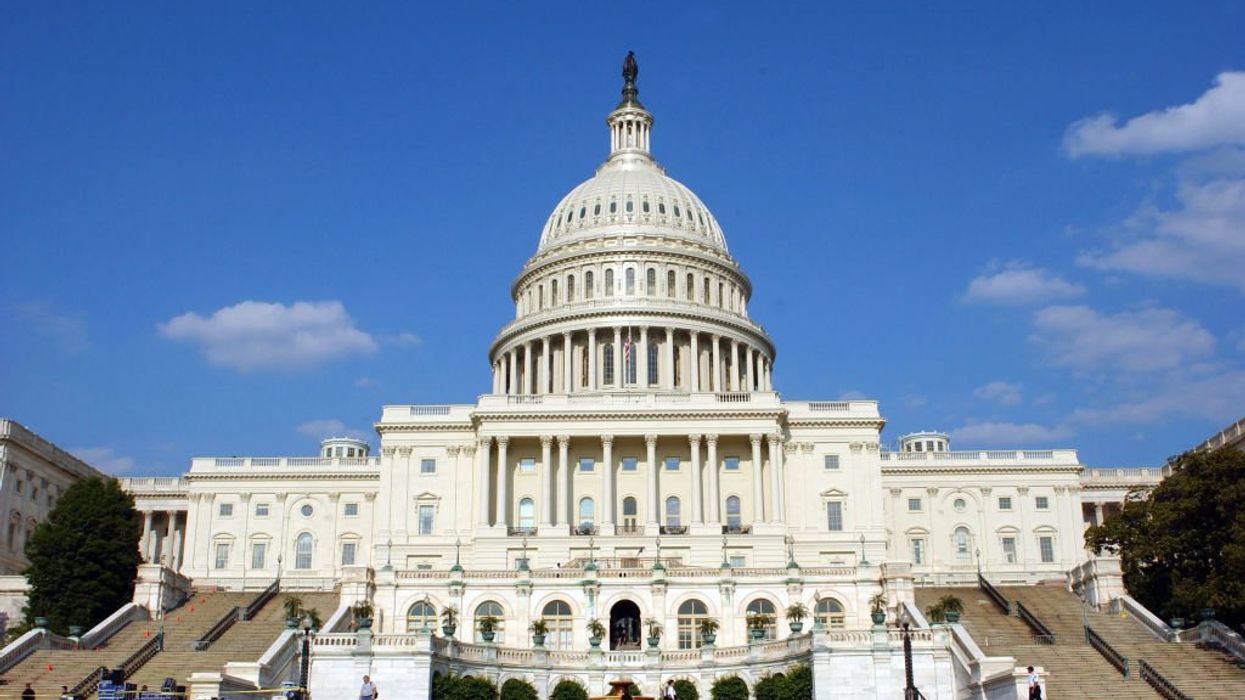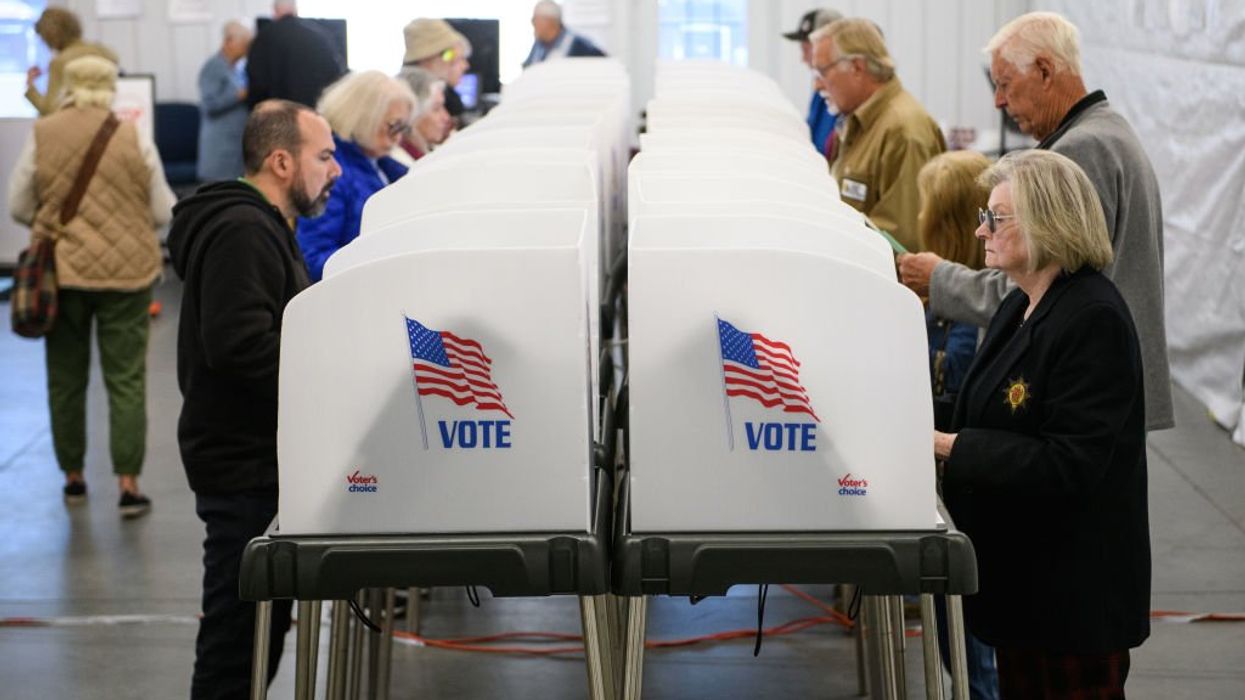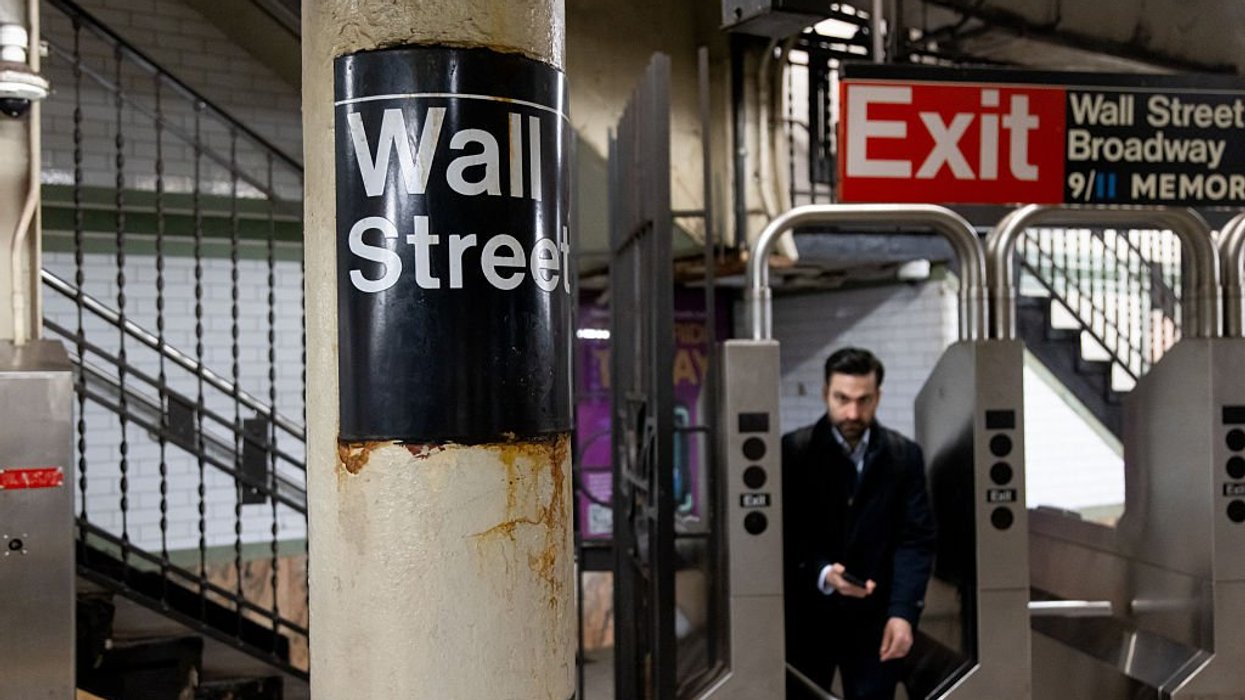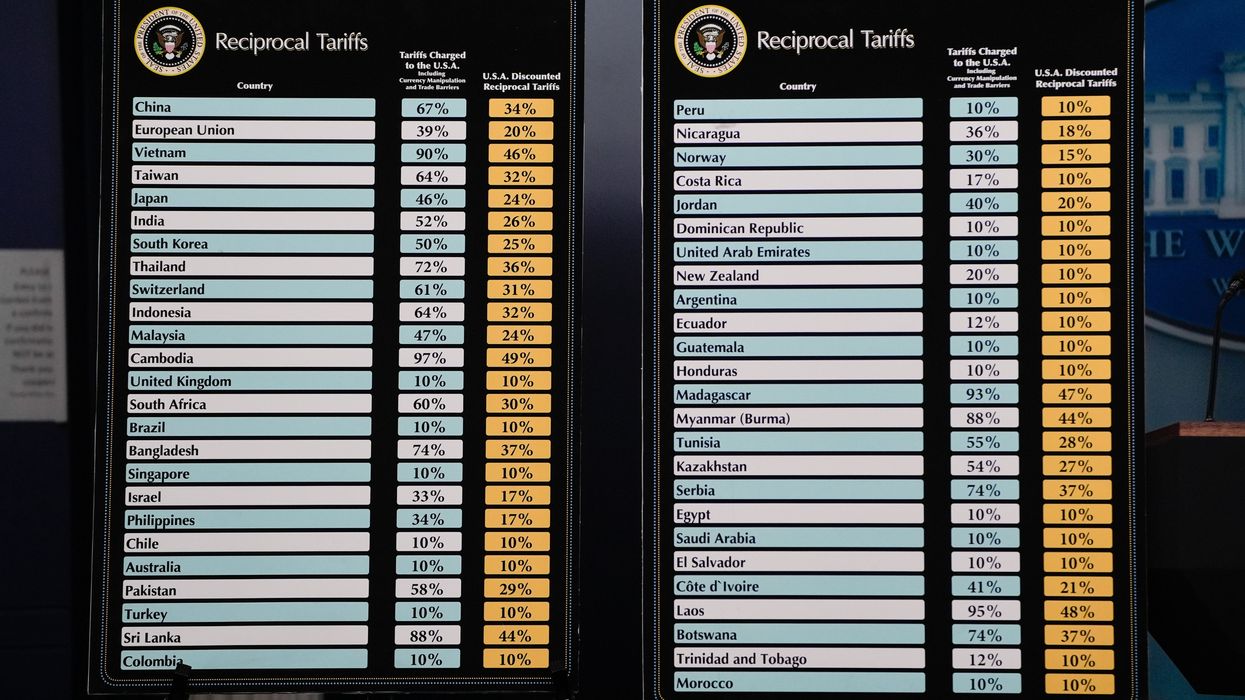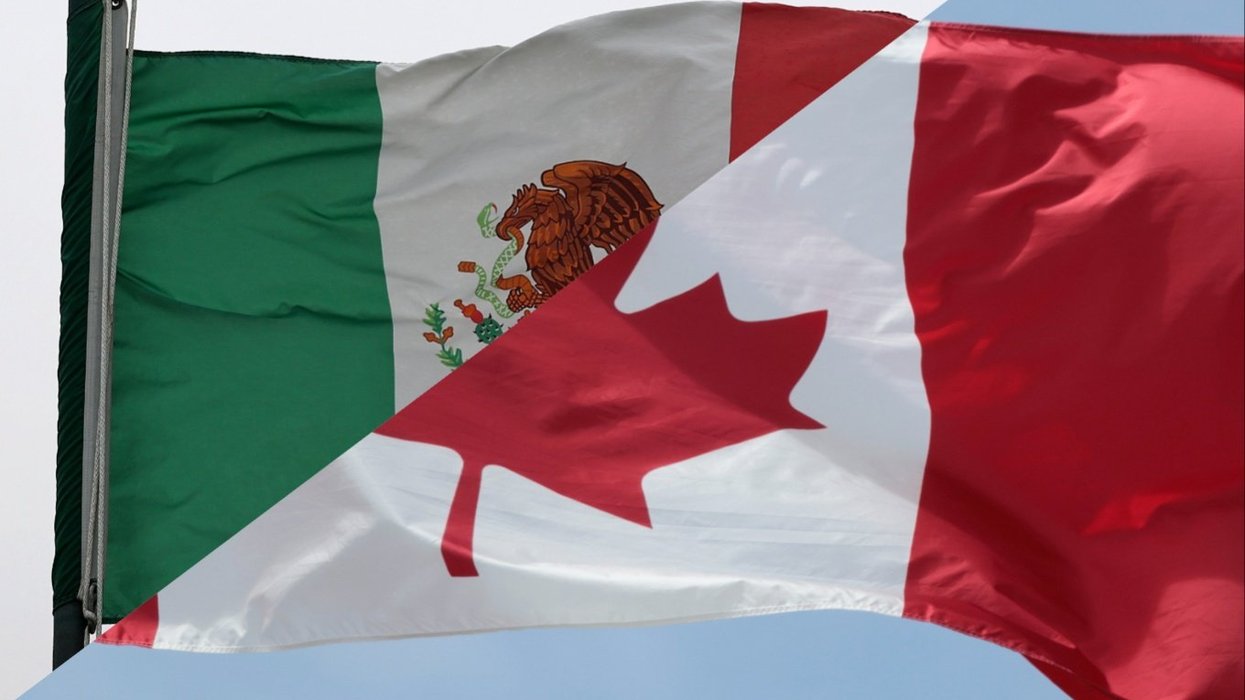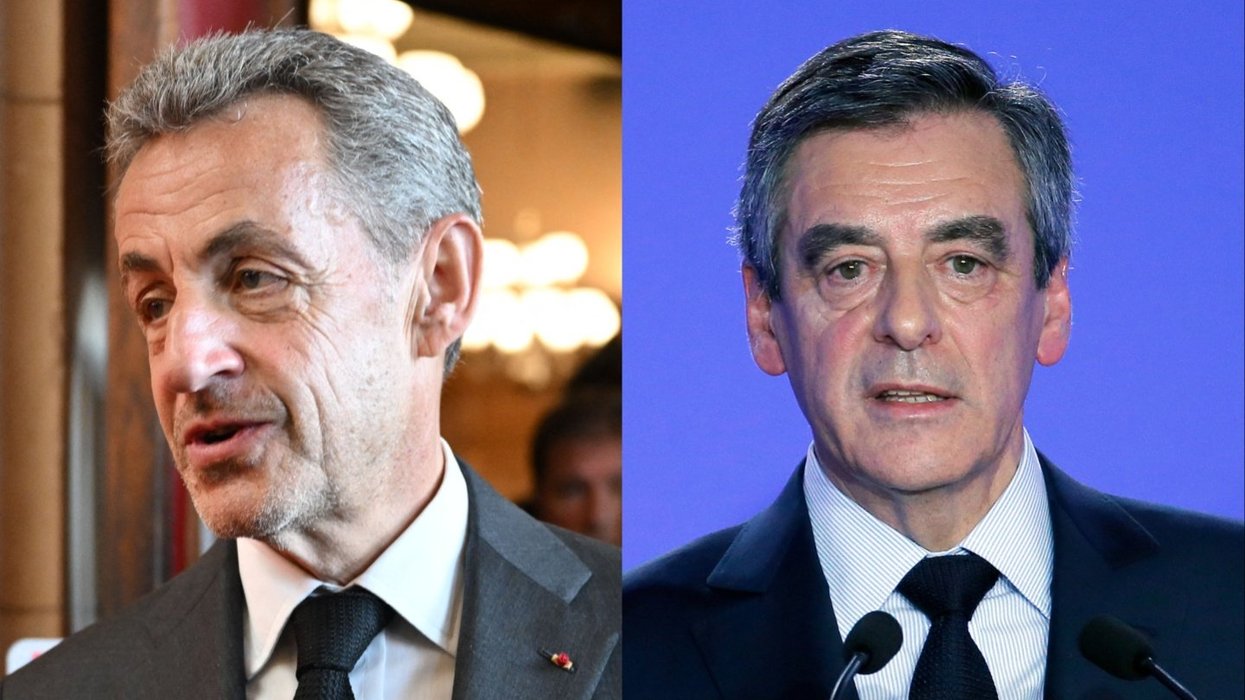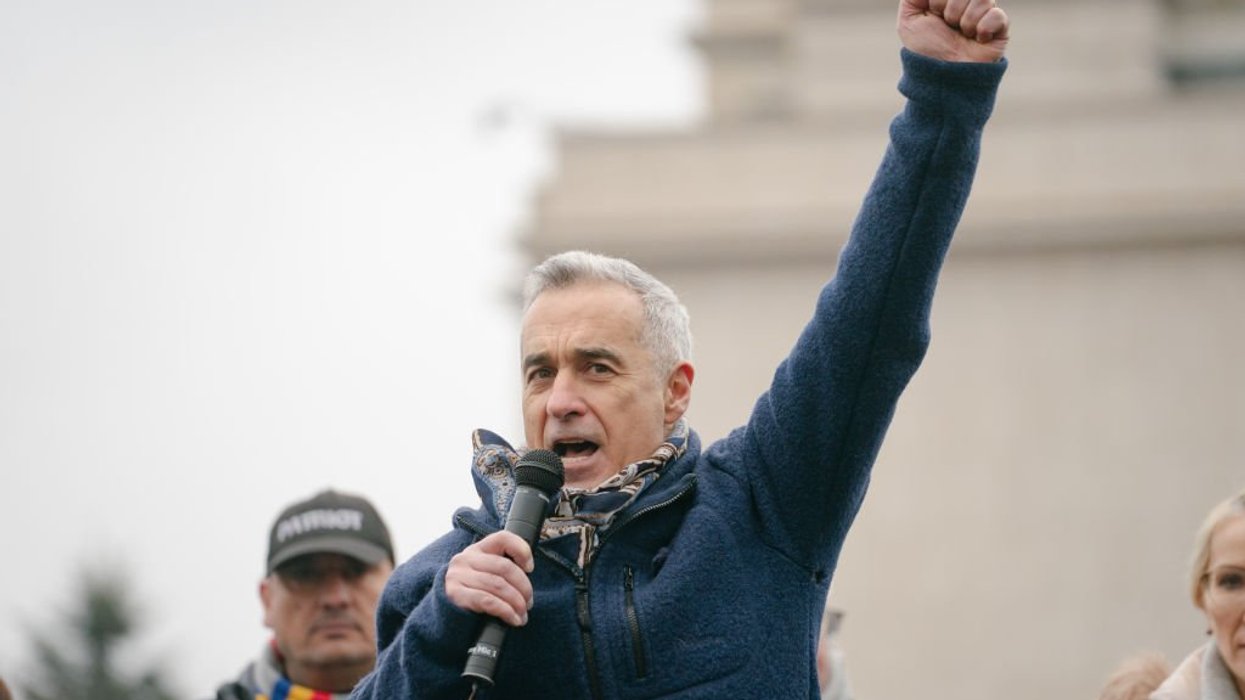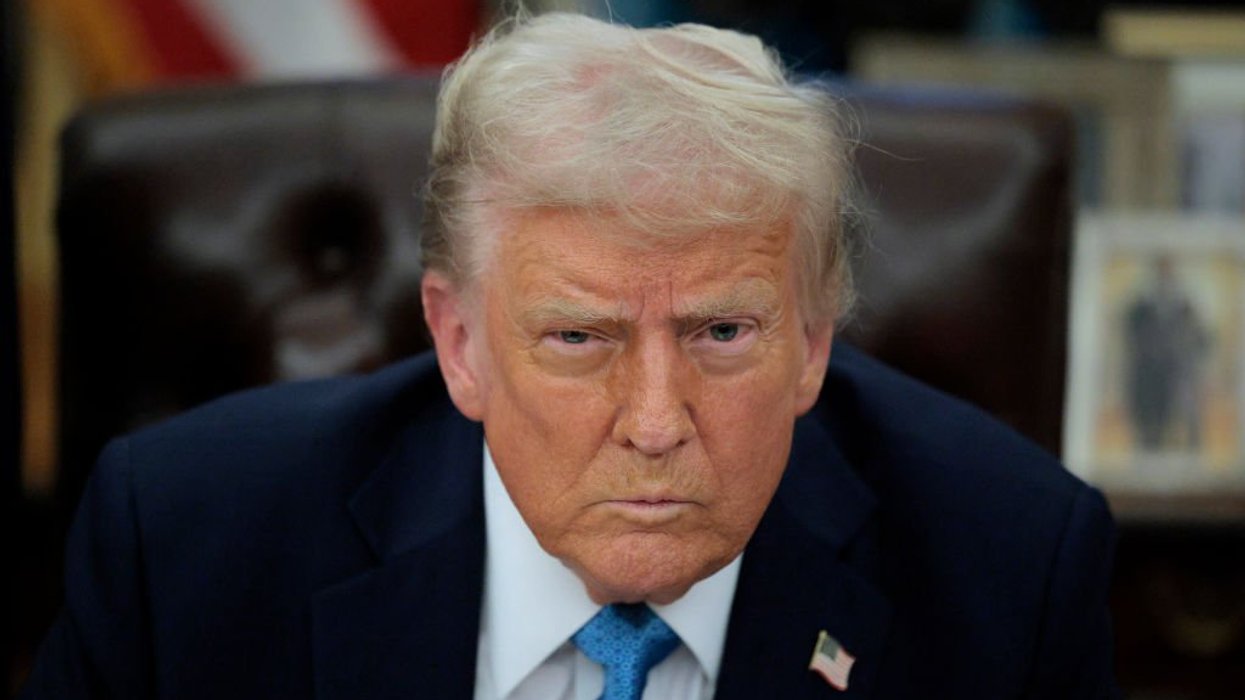Mainstream media is on a crusade to normalize Donald Trump's indictments as if it's on par with the electoral course. Glenn asked his team to research every instance of a Western leader who was jailed during their political career over the past 200 years—except extreme political turmoil like the French Revolution, Napoleonic Wars, Irish Revolution, etc.—and what we discovered was quite the opposite.
Imprisoning a leader or major political opponent is not normal, neither in the U.S. nor in the Western world. Within the last 200 years, there are only a handful of examples of leaders in the West serving jail time, and these men were not imprisoned under normal conditions. All of these men were jailed under extreme circumstances during times of great peril such as the Civil War, World War II, and the Cold War.
What does this mean for America? Are Trump's indictments evidence that we are re-entering times of great peril? Below is a list of Western leaders who were imprisoned within the last 200 years. Take a look and decide for yourself:
Late 1800s

The Washington Post / Contributor | Getty Images
Jefferson Davis: The nearest occurrence to a U.S. President to serve jail time was in the case of Jefferson Davis, the first and only president of the Confederate States of America. Jefferson was captured in Georgia by Northern Soldiers in 1865 and locked up in Fort Monroe, Virginia for two years. He was offered a presidential pardon but refused out of his loyalty to the confederacy.
Early 1900s

PhotoQuest / Contributor | Getty Images
Eugene V. Debs: Debbs, a Midwestern socialist leader, became the first person to run for president in prison. He was locked up at a federal penitentiary in Atlanta having been convicted under the federal Sedition Act for giving an antiwar speech a few months before Armistice Day, the end of World War I. Many of his supporters believed his imprisonment to be unjust. Debs received 897,704 votes and was a distant third-part candidate behind Warren G. Harding, the Republican winner, and James M. Cox, the second-place Democrat. Harding ordered Debs’s release from prison toward the end of 1921.
Nazi sympathizers and collaborators: After the end of World War II in 1945, several European leaders who had "led" their countries during the Nazi occupation faced trial and imprisonment for treason. This list included Chief of the French State Philippe Pétain, French Prime Minister Pierre Laval, and Minister-President of Norway Vidkun Quisling. The latter two were also executed after their imprisonment. President of Finland Risto Ryti and Prime Minister of Finland Johan Wilhelm Rangell were also tried and jailed for collaborating with the Nazis against the Allied Powers.
Late 1900s

The Washington Post / Contributor | Getty Images
The end of the Cold War: The fall of the Berlin Wall in 1989 was one of the pivotal moments that brought the Cold War to a close and marked the end of Communist East Germany. With the fall of the wall and the collapse of the German Democratic Republic (East Germany), the former leaders were brought to trial to answer for the crimes committed by the GDR. General Secretary Erich Honecker and General Secretary Egon Krenz were both put on trial for abuse of power and the deaths of those who were shot trying to flee into West Germany. Honecker was charged with jail time but was released from custody due to severe illness and lived out the rest of his life as an exile in Chile. Krenz served 4 years in jail before his release in 2001. He is one of the last surviving leaders of the Eastern Bloc.
Lyndon LaRouche: Larouche was a Trotsky evangelist, public antisemite, and founder of a nationwide Marxist political movement, became the second person in U.S. history to run for President in a prison cell. Granted, he ran in every election from 1976 to 2004 as a long-shot third-party candidate. When he tried to gain the Democratic presidential nomination, he received 5 percent of the total nationwide vote. Even though in 2000 he received enough primary votes to qualify for delegates in a few states, the Democratic National Committee refused to seat his delegates and barred LaRouche from attending the Democratic National Convention.

